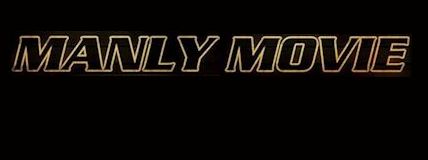Martin Scorsese Trashes Rotten Tomatoes
In a blog entry over at THR, Martin Scorsese has spoken about a few things with respect to the film industry. As well as taking a shot at box office obsession, Scorsese has a few words about the influence of ‘Rotten Tomatoes’.
Box office is the undercurrent in almost all discussions of cinema, and frequently it’s more than just an undercurrent. The brutal judgmentalism that has made opening weekend grosses into a bloodthirsty spectator sport seems to have encouraged an even more brutal approach to film reviewing. I’m talking about market research firms like Cinemascore, which started in the late ‘70s, and online “aggregators” like Rotten Tomatoes, which have absolutely nothing to do with real film criticism. They rate a picture the way you’d rate a horse at the racetrack, a restaurant in a Zagat’s guide, or a household appliance in Consumer Reports. They have everything to do with the movie business and absolutely nothing to do with either the creation or the intelligent viewing of film. The filmmaker is reduced to a content manufacturer and the viewer to an unadventurous consumer.
You have to wonder though, on what merit do reviewers who have 40 visitors a week (most of those probably Google indexing bots) gain the ability to submit their reviews to Rotten Tomatoes, thus potentially influence a movie in a major way? Especially if it’s a obscure movie that they’re the first and for a long time, only, person to rate?
Is it because of their convenient reviews history? Giving certain films positive reviews? Political hue?














1 Comment